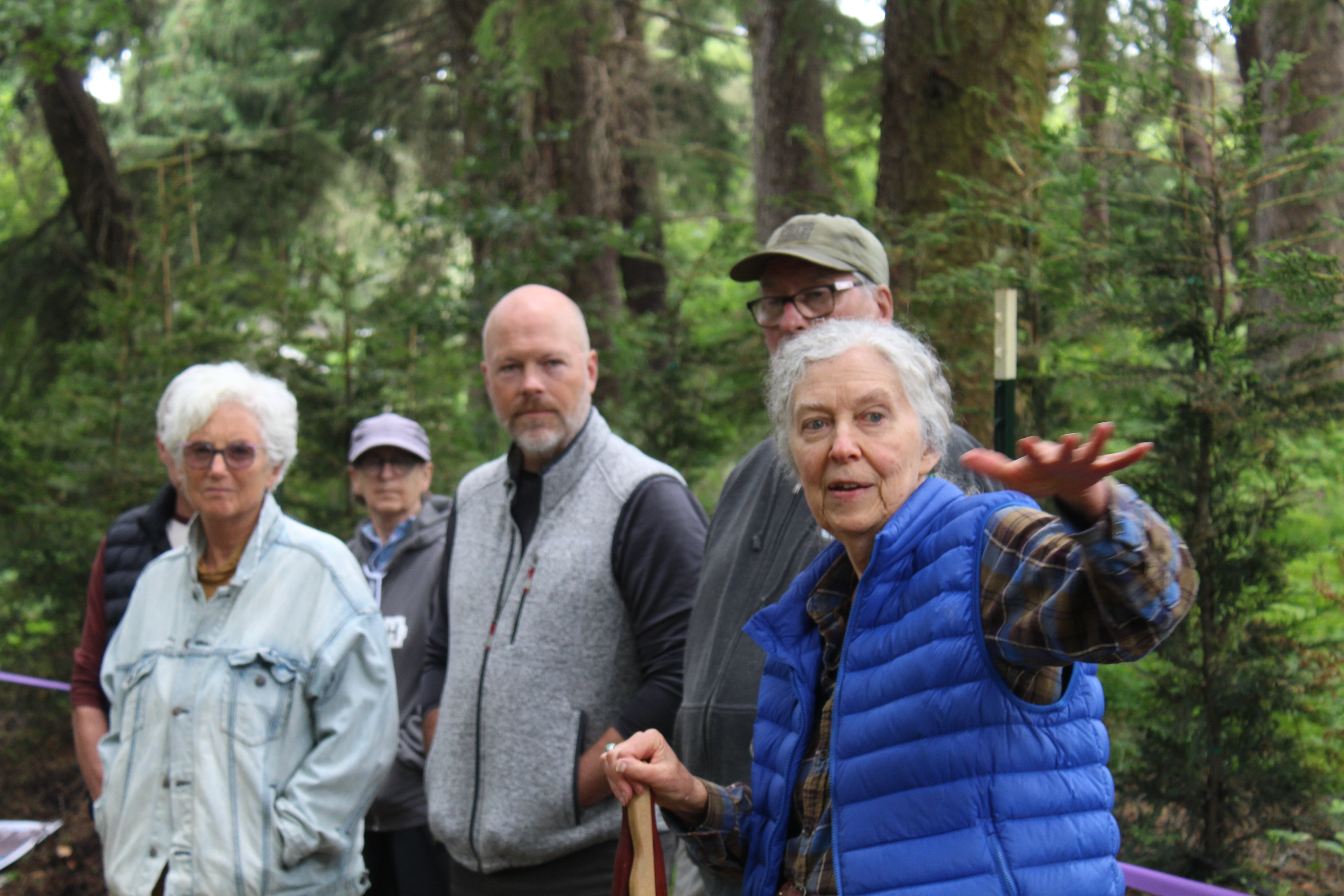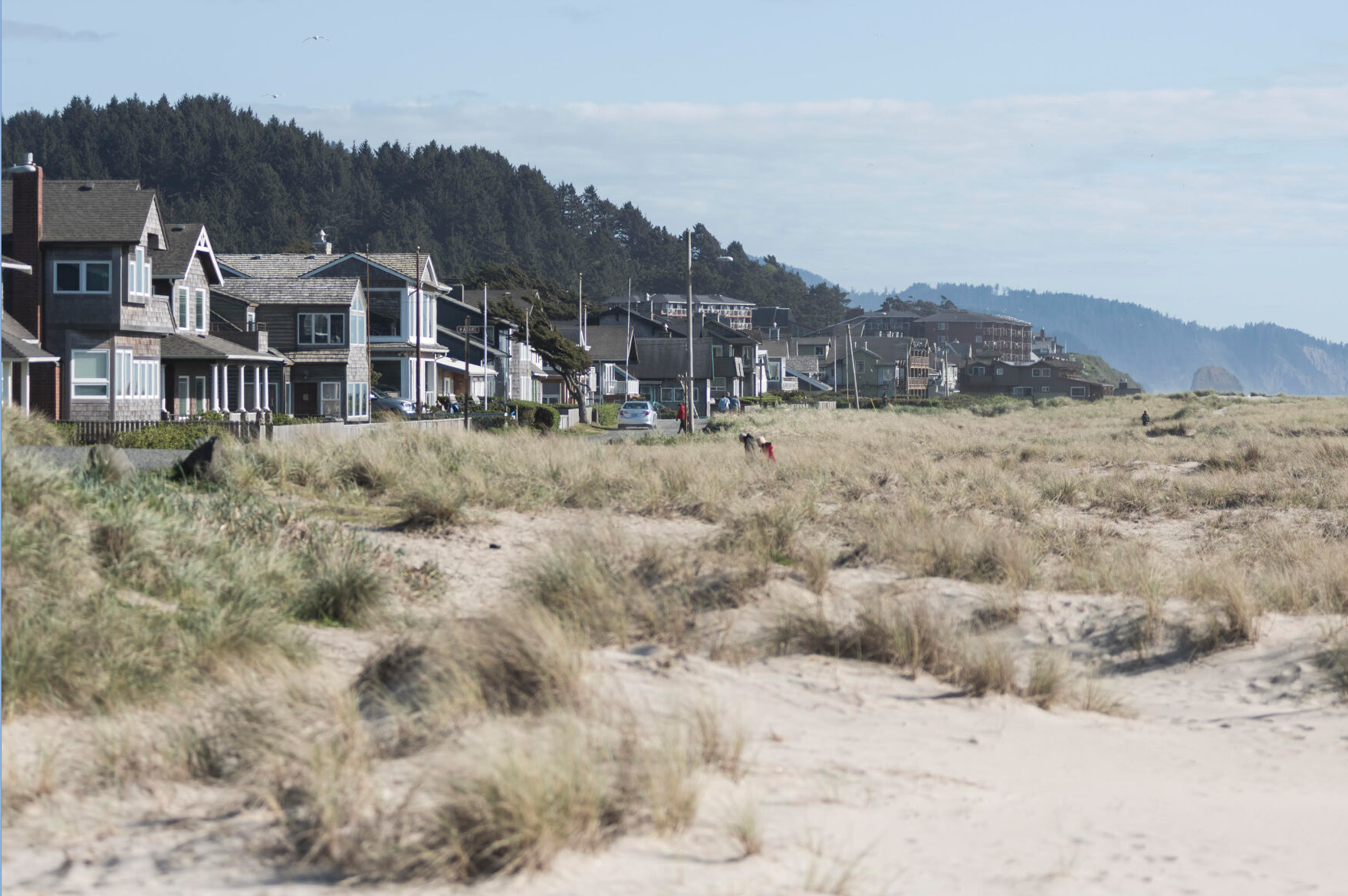Guest Column: State should reconsider unachievable wastewater permits
Published 12:30 am Thursday, August 31, 2023

- Lori SteeleLori Steele
Oregon’s coast boasts the heart of our commercial fishing industry, renowned for its delectable, sustainable seafood that attracts nearly 30 million visitors annually.
Trending
The bustling waterfronts not only offer picturesque scenery but also serve as vital economic hubs, providing generational fishing families with a market to deliver their catch and distribute Oregon’s seafood nationwide and across the globe.
As proud stewards of the marine ecosystem, Oregon’s seafood industry has worked diligently for over a century to foster a sustainable environment, supporting thriving communities and vibrant coastal economies. However, our seafood industry now faces a critical challenge.
The Oregon Department of Environmental Quality has introduced new wastewater discharge permits that threaten the future of our industry. These permits are overly-complicated, technically-infeasible and they fail to consider the seafood processing industry’s unique traits and changing seasons. Even worse, they discourage recycling, hindering full utilization of our fisheries resources. This goes against our industry’s values and the Department of Environmental Quality’s own goals of promoting recycling.
Trending
Despite years of seeking constructive dialogue with the state, we’ve encountered bureaucratic rhetoric and inconsistent responses without practical solutions. Our industry welcomes and encourages responsible regulation. We stand ready to continue to protect the environment and public health while producing sustainable seafood and supporting thousands of jobs in coastal communities. All we ask is that the Department of Environmental Quality work with us and our technical experts to create scientifically-sound permits appropriate for our operations.
In the absence of cooperation and collaboration from the state, our industry has taken initiative to invest in research and test new water treatment systems over the past several years. While we’ve worked on solutions, the Department of Environmental Quality has added new requirements to the permits for minerals that occur naturally in the environment or are ubiquitous in surface waters from other industries. It makes more sense to control these pollutants at the source of their release, using effective technology, rather than burden downstream industries like seafood processors that don’t add or use these pollutants.
However, this is not an issue of finances. We’ve worked closely with leading scientists and engineers in seafood wastewater treatment, and they, too, find the new permit levels currently unattainable no matter the amount of money. Sadly, without a path forward, there is no way for us to continue to operate many facilities in Oregon.
The seafood processing industry’s message to the Department of Environmental Quality is simple — let’s come together at the table to achieve our collective goals. The seafood processing industry can provide reasonable and scientifically-sound solutions. Together, we can protect coastal ecosystems and public health while ensuring the long-term prosperity of our industry and the livelihoods it sustains. The time has come for the Department of Environmental Quality to demonstrate unwavering commitment to both the environment and the economic well-being of Oregon’s coastal communities.
The time has come to speak out in support of Oregon’s sustainable seafood industry. Please help us make our collective voice heard and protect our industry. Share your thoughts on the new permits by submitting a public comment; we’ve made it easy for you to do so at www.saveoregonseafood.org.









